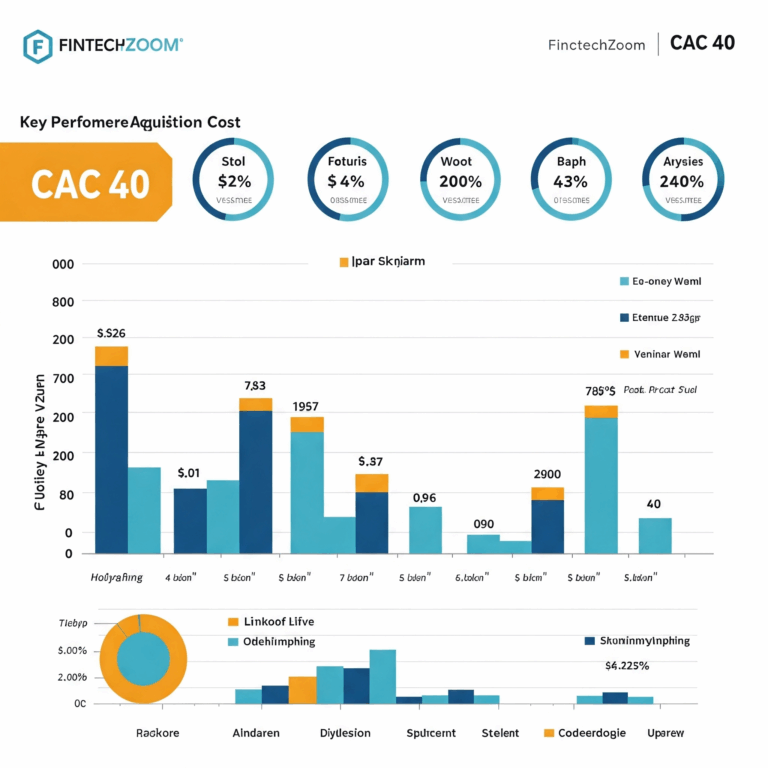
Hiring Node.js Developers
When speed and scalability are your top priorities, the backend technology you choose isn’t just important—it’s critical. For tech companies aiming to build high-performance applications that handle real-time data, concurrent users, and rapid feature development, Node.js has become a clear favorite. But choosing the right tech stack is only half the equation. To really unlock Node’s potential, you need to hire NodeJS developers who know how to leverage its full capabilities.
What makes a Node.js developer worth hiring in 2025? It’s not just familiarity with JavaScript. It’s the ability to architect lightweight APIs, optimize asynchronous operations, and handle traffic spikes without server meltdowns.
This blog dives into the key advantages of using Node.js and why hiring the right developers can give your product the technical edge it needs in a competitive market.
Why Node.js Is the Go-To Choice for Building Fast, Scalable, and Real-Time Apps—and the Developers Behind It Make All the Difference
1. Exceptional Speed and Performance with Non-Blocking Architecture
Node.js is built on Chrome’s V8 JavaScript engine, which compiles JavaScript to machine code. What does that mean in practice? It’s fast—really fast. But the real performance edge comes from its non-blocking, event-driven architecture.
When you hire NodeJS developers, you’re bringing in engineers who know how to create applications that handle multiple requests simultaneously without freezing up. Unlike traditional backend systems that wait for each request to finish before handling the next, Node processes them in parallel—making it ideal for chat apps, streaming platforms, and high-traffic APIs.
Tech companies building real-time products (like Slack, Uber, or Trello) use Node.js for exactly this reason. It allows applications to scale under pressure while staying responsive. A skilled developer knows how to write event-driven logic, manage async functions, and avoid the common pitfalls of callback hell or memory leaks.
If performance is a priority for your product, this is one area where the right developer can literally make or break the experience.
2. Ideal for Real-Time Applications and Microservices
Today’s users don’t want to refresh a page to see updates—they expect things to happen instantly. Whether it’s a live sports app, an online multiplayer game, or collaborative SaaS tools, real-time communication is now table stakes.
Node.js was practically built for this. Its WebSocket support and event-driven model make it perfect for real-time features like notifications, messaging, and live data updates.
When you hire NodeJS app developers, you’re getting professionals who can architect microservices and real-time APIs with tools like Socket.io, Redis, and GraphQL subscriptions. They understand how to handle state management across sessions and build server-side logic that responds quickly and efficiently.
This also plays well with microservices-based architecture—a popular model in growing tech companies. Node.js services are lightweight and easy to containerize with Docker, making them ideal for scaling individual functions without redeploying an entire monolith.
In fast-moving environments where new features are shipped weekly or even daily, Node.js allows developers to iterate quickly without compromising performance.
3. Unified Stack: JavaScript on Both Front and Back Ends
One of the most underrated advantages of Node.js is its use of JavaScript on the backend. That means your front-end and back-end teams can speak the same language—literally.
This unified tech stack reduces friction, accelerates development, and makes hiring and onboarding easier. When you hire Node js programmers who already understand front-end logic, integrating user interfaces with APIs becomes far smoother.
Tech companies that rely on rapid iteration benefit massively from this setup. Cross-functional teams can share code (like validation functions), troubleshoot bugs more efficiently, and move features from prototype to production faster.
Additionally, using JavaScript across the full stack means less context switching for developers and greater collaboration between teams. This boosts overall productivity, especially in remote or hybrid environments where communication gaps are already a challenge.
Hiring developers who can operate on both sides of the stack doesn’t just cut costs—it cuts confusion.
4. Massive Ecosystem and Developer Tools
Node.js boasts one of the largest ecosystems in the development world, thanks to npm (Node Package Manager), which has over 2 million packages available. From authentication libraries to image processors, there’s a package for almost anything—saving developers hours or even days of work.
When you hire Nodejs developers, you’re tapping into this vast library of prebuilt tools, which allows your team to focus on building your product instead of reinventing the wheel.
The best Node developers know how to audit packages for security, assess library quality, and integrate tools like Express.js for routing, Mongoose for MongoDB, and PM2 for process management. They also use linters, test runners (like Mocha or Jest), and CI/CD tools to maintain a stable development pipeline.
For tech companies managing growing engineering teams, having developers who understand how to leverage open-source responsibly is critical. It ensures your codebase stays lean, secure, and maintainable.
Plus, the global community around Node.js means better documentation, faster bug fixes, and a steady stream of performance improvements—all of which your business can benefit from.
5. Scalability and Cloud-Readiness
Node.js is naturally suited for horizontal scaling, meaning it can handle increasing loads by adding more instances rather than modifying the core architecture. This makes it an ideal backend choice for tech companies deploying to cloud platforms like AWS, Google Cloud, or Azure.
When you hire NodeJS developers with experience in cloud-native development, they’ll know how to optimize your application for distributed environments. They can deploy containerized apps using Docker, configure Kubernetes clusters, and use serverless frameworks like AWS Lambda for cost-efficient computing.
This kind of scalability is crucial for businesses expecting to grow—especially in SaaS, eCommerce, and fintech, where user spikes are common and downtime is expensive.
Your Node.js developers should also be comfortable setting up load balancers, caching systems, and queue processors. These optimizations ensure that as traffic grows, your application stays stable—and your user experience stays smooth.
If your goal is to support thousands (or millions) of users without a total infrastructure overhaul, this is the backend and the team to bet on.
Final Thoughts: Node.js Developers Aren’t Just Coders—They’re Performance Architects
Node.js is a powerful tool, but it doesn’t run your app on its own. The real power comes when you pair it with developers who know how to wield it—people who can build architecture for scale, troubleshoot bottlenecks before they happen, and ship features that feel instant.
Whether you’re launching a new SaaS product, rebuilding an existing platform, or scaling your infrastructure for global users, Node.js is a smart investment—and hiring skilled Nodejs developers to build with it is even smarter.




